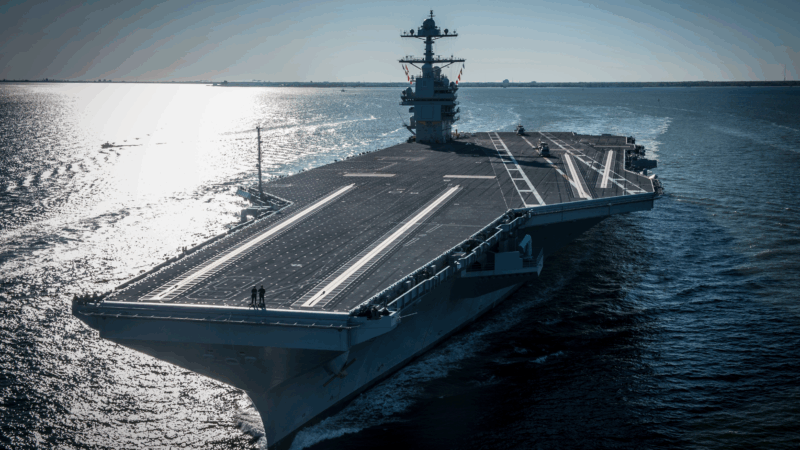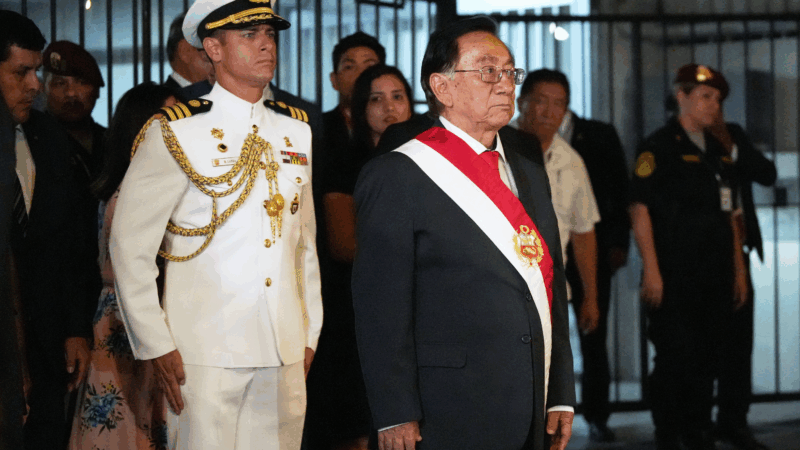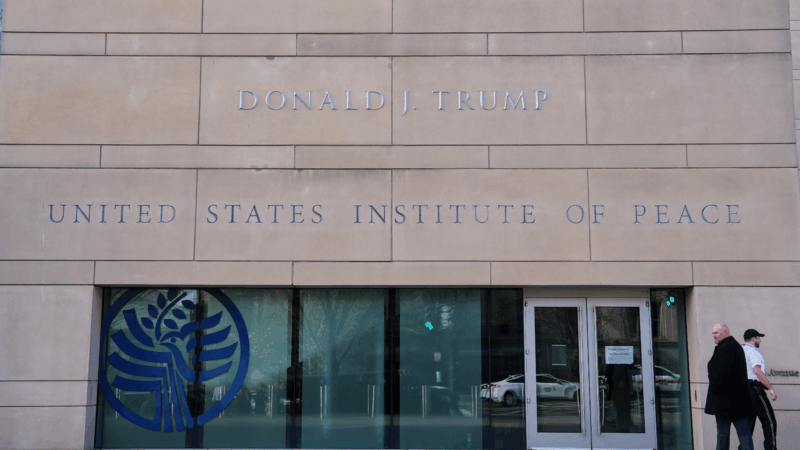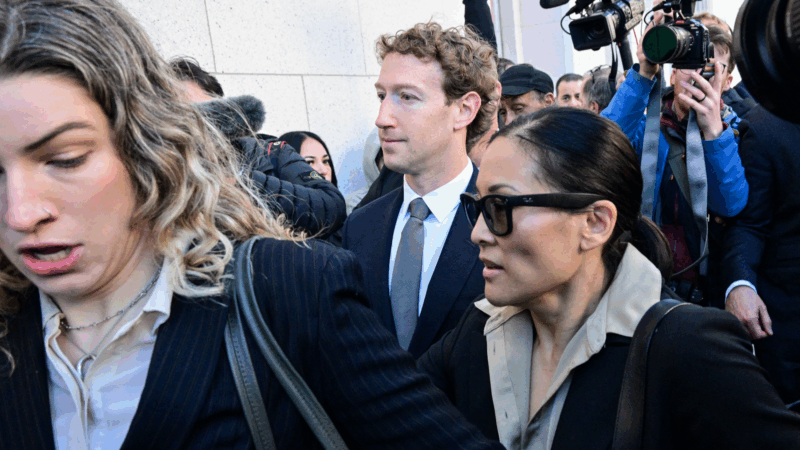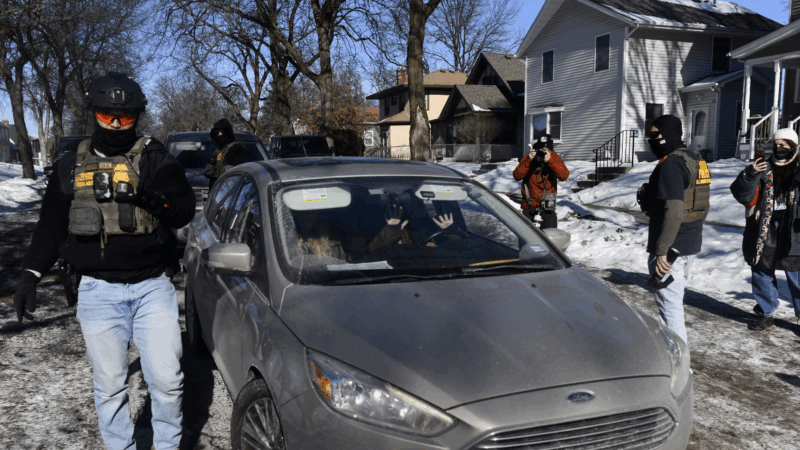BRICS nations push back as Trump warns of tariffs
RIO DE JANEIRO, Brazil — Brazil’s president says the BRICS group of major emerging economies has just concluded its most important summit yet.
But what was billed as a historic show of strength and unity ended in tension after President Donald Trump threatened new tariffs. “Any Country aligning themselves with the Anti-American policies of BRICS, will be charged an ADDITIONAL 10% Tariff. There will be no exceptions to this policy,” he wrote on Truth Social — without clarifying which policies he meant.
That drew swift pushback from Brazil’s President Luiz Inácio Lula da Silva, who hosted the summit and called Trump’s comments reckless.
“We don’t want an emperor, we are sovereign countries,” Lula said during his closing remarks on Monday, adding: “It’s not right for a president of a country the size of the United States to threaten the world online.”
The annual BRICS summit—gathering founding members Brazil, Russia, India, China, South Africa, plus new members including Indonesia, Ethiopia and Iran—aimed to present a unified Global South alternative to the West.
But in an apparent attempt to avoid provoking Washington, the group issued a low-key final statement that avoided naming Trump or directly criticizing the U.S. That effort backfired, says Oliver Stuenkel, an international relations professor at Brazil’s FGV University.
“They probably believed they could fly under Trump’s radar if they didn’t mention the U.S.,” he said. “But that clearly failed.”
BRICS founding member South Africa also jumped into the Trump fray. President Cyril Ramaphosa told journalists at the summit that “the powerful should not seek vengeance against those working for good in the world.” China condemned the use of tariffs as coercive diplomacy.
Trump escalated tensions further by publicly supporting Lula’s political rival, former President Jair Bolsonaro, who is currently facing trial over his attempts to overturn the 2022 election results. Lula declined to comment.
While sharp words were directed at rising U.S. tariffs and the humanitarian crisis in Gaza, the group dialed down criticism of its own members. Russia’s Vladimir Putin, faced no rebuke over the war in Ukraine. The group’s 31-page declaration made only a single reference to the war in Ukraine, condemning “in the strongest terms” recent Ukrainian attacks on Russia.
Iran was framed not for its nuclear program, but as a victim of Israeli airstrikes. By contrast, Israel was mentioned more than a dozen times, blamed for the worsening humanitarian situation in Gaza and strikes in Syria and Lebanon.
The summit was also notable for key absences. Iranian President Masoud Pezeshkian, expected to attend before last month’s Israeli and U.S. airstrikes, instead sent Foreign Minister Abbas Araghchi. President Putin, who faces an International Criminal Court arrest warrant over Ukraine, joined remotely. China’s President Xi Jinping was represented by Premier Li Qiang.
The group’s growing diversity is both a strength and a strain: while new members widen its reach, consensus is becoming harder to forge — a fact reflected in a watered-down rebuke of U.S. airstrikes on Iran.
Despite the differences, Lula stood firm on BRICS long-term vision.
“This is not a club of the privileged,” he said. “It’s a group of nations trying to organize the world in a different way—focused on people and development, not conflict.”
As Brazil hands over the group’s rotating presidency, Lula is urging a renewed focus on climate and development. The summit’s conclusion marked a test for the bloc’s future—one where balancing global ambition with internal differences, and avoiding Western backlash, remains a delicate balancing act.
Iran and the U.S. lean into gunboat diplomacy as nuclear talks hang in balance
Iran and the United States leaned into gunboat diplomacy Thursday, with Tehran holding drills with Russia and the Americans bringing another aircraft carrier closer to the Mideast.
José María Balcázar becomes Peru’s eighth president in a decade
José María Balcázar has become Peru's new interim president, replacing another interim leader who was removed over corruption allegations just four months into his term.
Trump gathers members of Board of Peace for first meeting, with some U.S. allies wary
President Donald Trump will gather Thursday with representatives from more than two dozen countries that have joined his Board of Peace, for a meeting that will focus on the reconstruction of Gaza.
With a win over Sweden, the U.S. men’s hockey team will play for an Olympic medal
A thrilling overtime goal by defenseman Quinn Hughes puts Team USA through to a semifinal game against Slovakia. On the other side of the bracket, Canada had its own close call, but moves on to face Finland.
Zuckerberg grilled about Meta’s strategy to target ‘teens’ and ‘tweens’
The billionaire tech mogul's testimony was part of a landmark social media addiction trial in Los Angeles. The jury's verdict in the case could shape how some 1,600 other pending cases from families and school districts are resolved.
The Trump administration is increasingly trying to criminalize observing ICE
ICE officers often tell people tracking and watching them that they are breaking federal law in doing so, but legal experts say the vast majority of observers are exercising their constitutional rights.


